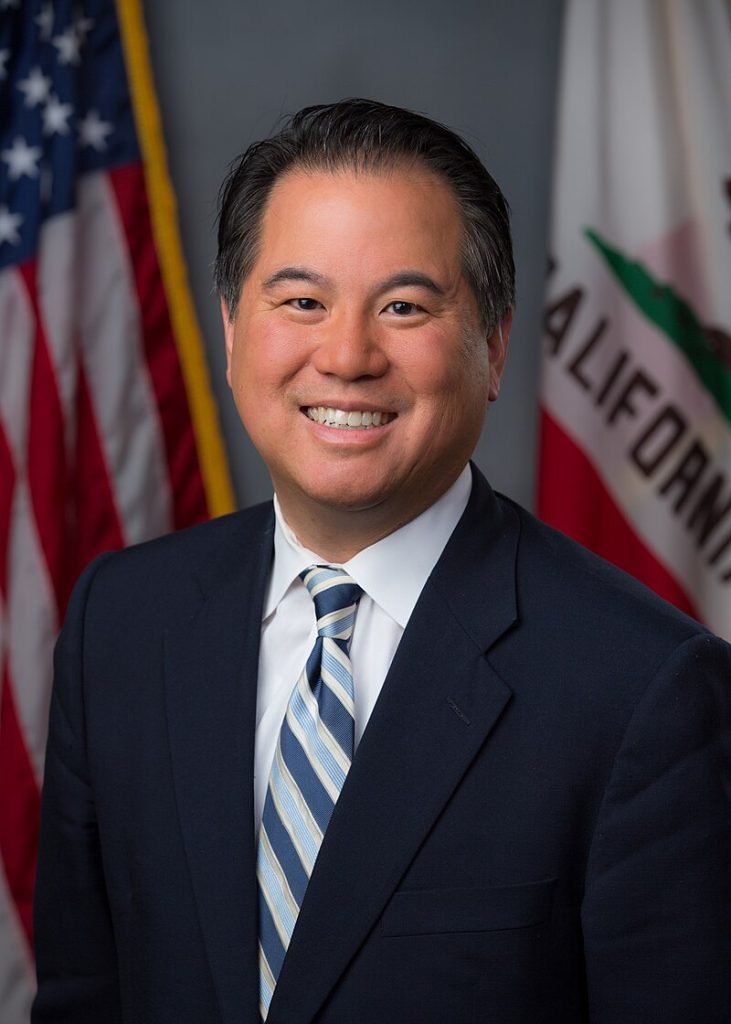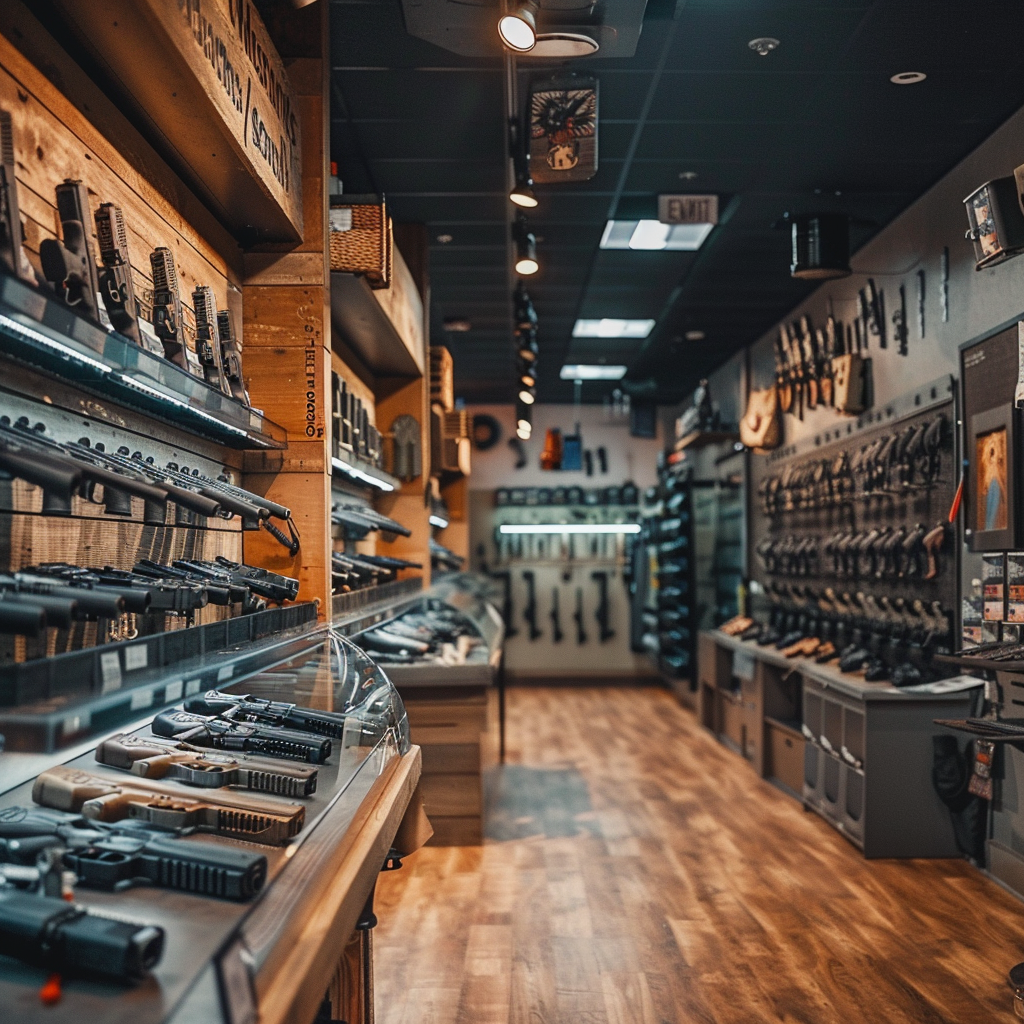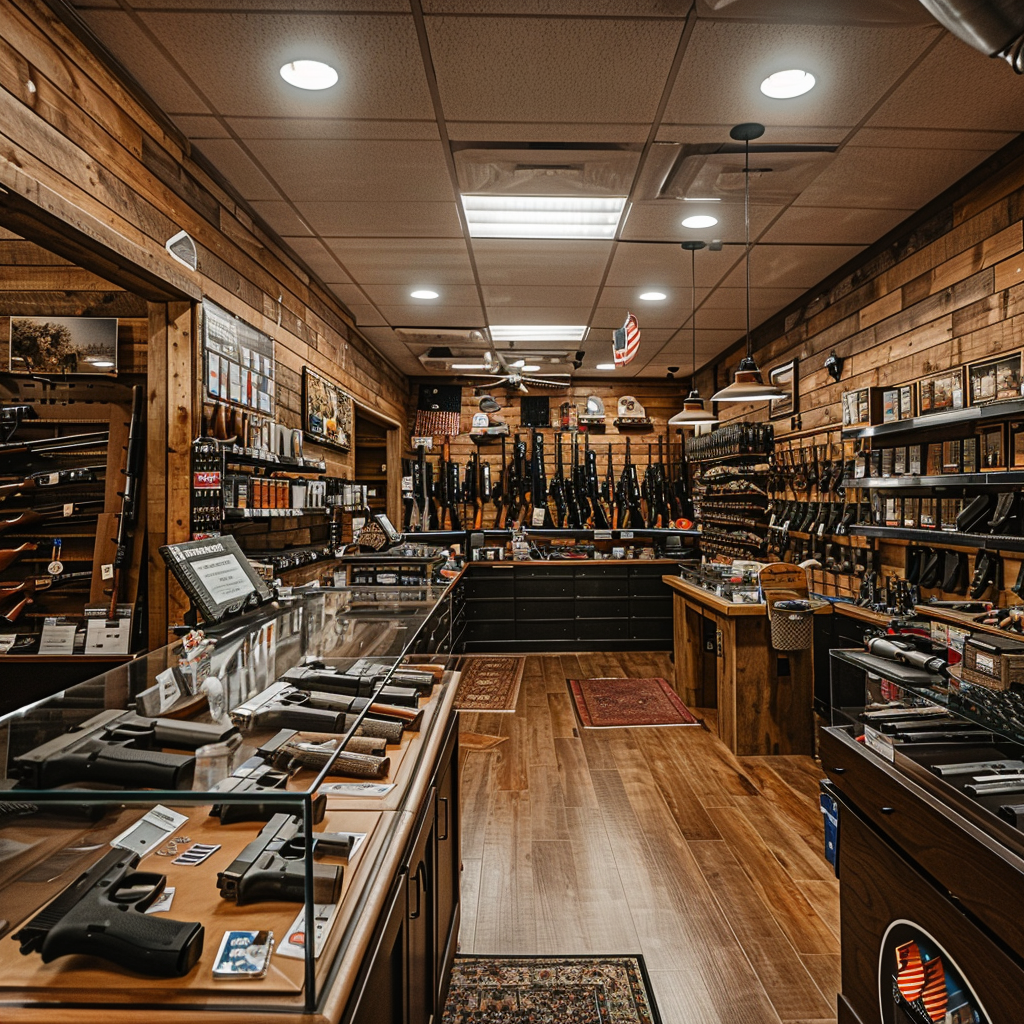In a significant move towards enhancing firearm transaction transparency, California Governor Gavin Newsom has signed Assembly Bill No. 1587, which takes effect today. This new legislation mandates the categorization of firearm and ammunition purchases under a specific merchant category code, making it easier for the state to track these transactions made through credit cards.

The bill, authored by Assembly member Phil Ting, introduces Division 26 to the Financial Code, specifically targeting financial transactions related to firearms merchants. Under this new law, all payment card networks must provide the merchant category code (MCC) for firearms and ammunition businesses by July 1, 2024. Starting May 1, 2025, all merchant acquirers must assign this MCC to firearms merchants.

Governor Newsom’s approval of AB 1587 on September 26, 2023, underscores California’s ongoing efforts to regulate the firearms industry more stringently and enhance public safety. By implementing this legislation, the state aims to ensure better oversight and control over firearm-related transactions, potentially identifying unusual or suspicious purchasing patterns.

The law grants exclusive enforcement authority to the California Attorney General, Rob Bonta, who is empowered to initiate civil actions against violators. Penalties for non-compliance include a $10,000 fine for each violation, along with injunctive relief and reimbursement for attorney fees and costs.

“This new law is a crucial step in our commitment to public safety and responsible firearm ownership,” said Assemblymember Ting. “By creating a specific merchant category code for firearm and ammunition purchases, we can better monitor and regulate these transactions, ensuring they don’t fall into the wrong hands.”

However, this increased scrutiny has sparked concerns among gun buyers who prioritize their privacy. The explicit categorization of firearm-related purchases may deter some individuals from using credit cards, as it makes these transactions more traceable by authorities. As a result, experts predict a potential shift towards cash transactions for those seeking greater anonymity in their firearm purchases.

“While the intention behind this legislation is understandable, it raises significant privacy issues,” commented a representative from a California-based firearms advocacy group. “Many law-abiding gun owners may feel uncomfortable with their purchases being so easily identifiable and may turn to cash transactions to avoid this level of surveillance.”

The introduction of AB 1587 marks a notable advancement in California’s approach to regulating firearm sales. By enhancing the state’s ability to track these transactions, lawmakers hope to strike a balance between public safety and responsible gun ownership. However, the implications for privacy and the potential shift in purchasing behaviors will be closely watched in the coming months. The NRA may challenge the law.

As the law takes effect today, both gun merchants and buyers will need to navigate this new landscape, balancing regulatory compliance with personal privacy considerations.





